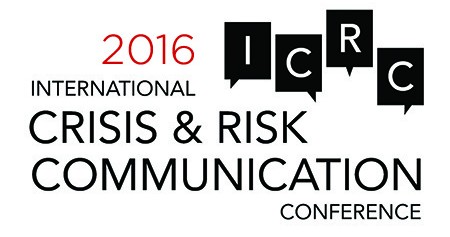
Assistant Professor
Department of Strategic Communication, Texas Christian University
USA
Josh Bentley (Ph.D., University of Oklahoma, 2013) is an assistant professor in TCU’s Department of Strategic Communication. Before joining the department in 2015, Bentley served as an assistant professor for two years at the University of New Mexico. His research on crisis communication has been published in Public Relations Review and recognized with top paper awards at national conferences. Prior to his academic career, Bentley was a radio personality for ten years in Arkansas and Oklahoma.
The Apology as Identification Management (AIM) Theory of Apologizing
Co-presenters: Amiso George, Ph.D. & Jacqueline Lambiase, Ph.D., Texas Christian University
Public apologies are common in American culture, and crisis scholars have studied them extensively. Although researchers have been working to identify what makes apologies acceptable to stakeholders, many apologies are still ineffective. This presentation provides simple, practical advice to crisis communication professionals by outlining a theory of apologies as rhetorical devices for managing identification between offenders and stakeholders.
We call this the Apology as Identification Management (AIM) theory. Using Kenneth Burke’s concepts of identification and dissociation, we argue that apologies operate by breaking the identification between offenders and their offenses and, instead, allowing offenders to identify with the values of their critics. If those who have been offended see that an offender truly shares their values, they will identify with that offender as well. However, if an apology does not persuade the offended that an offender shares their values, the offender and offended will remain dissociated from one another.
We conclude with several suggestions for communication professionals facing crises. One key suggestion is to use environmental scanning to identify the values of those who are offended. Another is to use spokespeople who genuinely understand and share those values instead of spokespeople who are just pretending to share stakeholders’ values.


